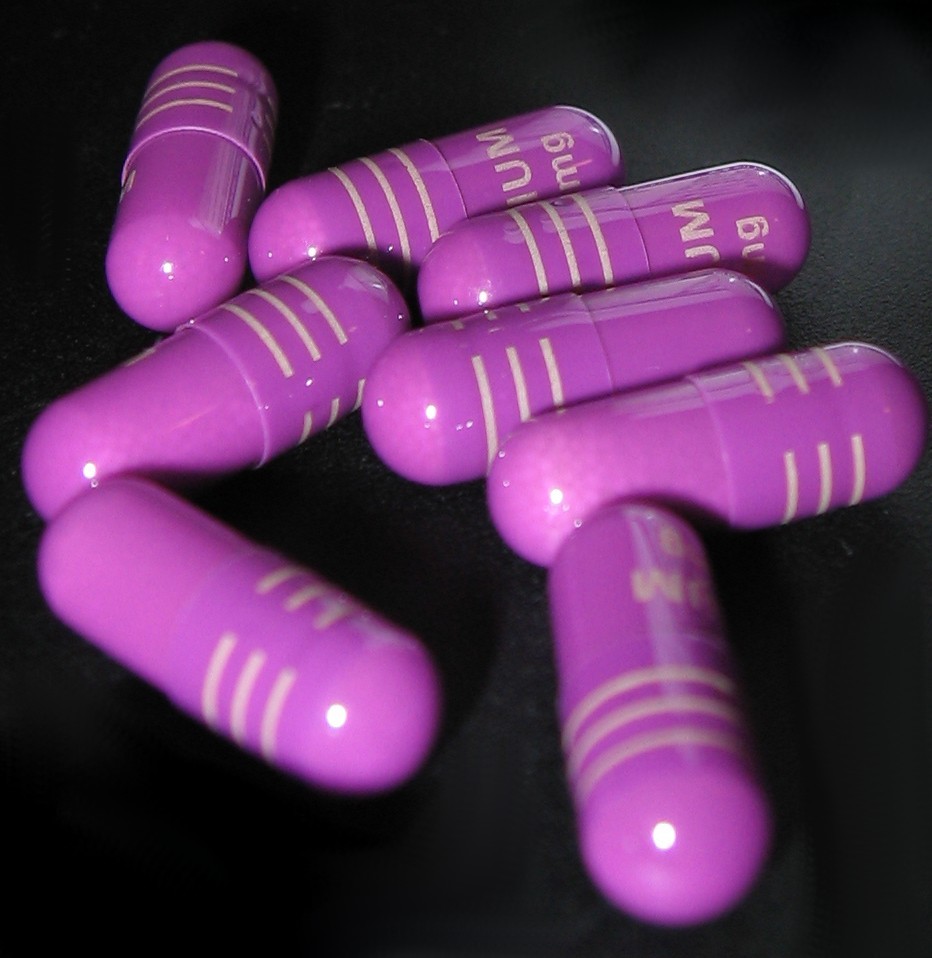-
Tips for becoming a good boxer - November 6, 2020
-
7 expert tips for making your hens night a memorable one - November 6, 2020
-
5 reasons to host your Christmas party on a cruise boat - November 6, 2020
-
What to do when you’re charged with a crime - November 6, 2020
-
Should you get one or multiple dogs? Here’s all you need to know - November 3, 2020
-
A Guide: How to Build Your Very Own Magic Mirror - February 14, 2019
-
Our Top Inspirational Baseball Stars - November 24, 2018
-
Five Tech Tools That Will Help You Turn Your Blog into a Business - November 24, 2018
-
How to Indulge on Vacation without Expanding Your Waist - November 9, 2018
-
5 Strategies for Businesses to Appeal to Today’s Increasingly Mobile-Crazed Customers - November 9, 2018
CKD Risk Found in Studies of PPI Use for Acid Reflux
The drugs in question – proton pump inhibitors (PPIs) – are in the top 10 list of prescribed medications in the US.
Advertisement
Two recently released studies have linked PPIs to a heightened risk of chronic kidney disease.
They work by reducing the amount of stomach acid produced by glands in the lining of the stomach, thus relieving symptoms of acid reflux, gastroesophageal reflux disease (GERD) and peptic or stomach ulcers.
Findings from the studies are scheduled to be presented next week at the American Society of Nephrology’s annual meeting in San Diego.
If you take a common type of medicine for heartburn, here’s a warning to digest: Those drugs could be raising your chances of kidney disease.
Benjamin Lazarus and his colleagues from Johns Hopkins University conducted the study from 2006-2011.
They found that PPI users were between 20 per cent and 50 per cent more likely to develop CKD than non-PPI users, even after accounting for baseline differences between users and non-users. This discovery was replicated in a second study, in which over 240,000 patients were followed from 1997 to 2014. Diabetes and hypertension are common risk factors for CK.
In a different study, led by Dr. Pradeep Arora of the State University of New York-Buffalo, researchers found that, out of 71,516 patients, 24,149 developed CKD between 2001-2008, and almost 26% of these patients were treated with PPIs. Patients being treating with PPI were also less likely to have vascular disease, COPD, cancer, and hypertension. According to a Tech Times report, however, recent studies has linked a popular class of heartburn drugs, called proton pump inhibitors, or PPIs, which also treat acid reflux, to chronic kidney disease.
Increased use of certain medications commonly used to treat heartburn and acid reflux may have damaging effects on the kidneys, say researchers, including one of Indian-origin. The kidneys might become damaged over time if patients suffer repeated bouts of acute interstitial nephritis, a form of tissue inflammation, which has been linked with short-term use of PPIs, he said.
The study also showed that the risk of chronic kidney disease was not affected by a different class of heartburn drugs, called H2-blockers.
Chronic kidney disease is rising remarkably across the globe particularly in the Western nations.
Lazarus said that part of the problem with PPIs is that they are being overused. A lack of this important mineral might also cause damage to the kidneys, Arora added.
Arora also said that PPIs can cause magnesium levels in the blood to decline.
Advertisement
According to USA data, 90 percent of the prescriptions for PPI are not related to FDA-approved indications.





























